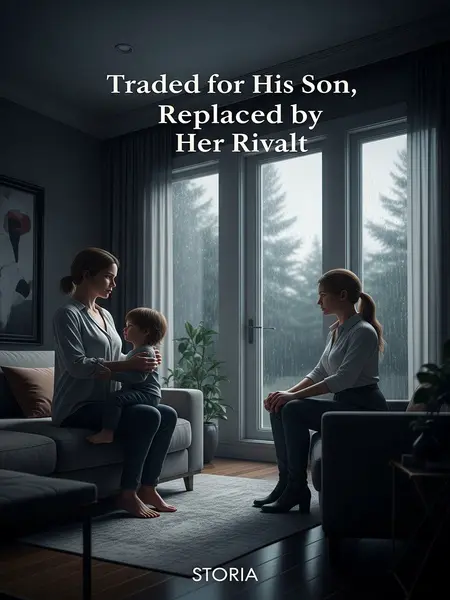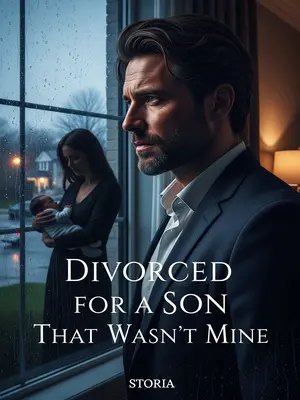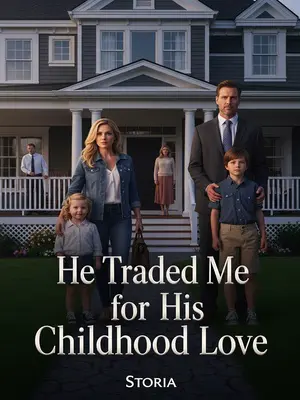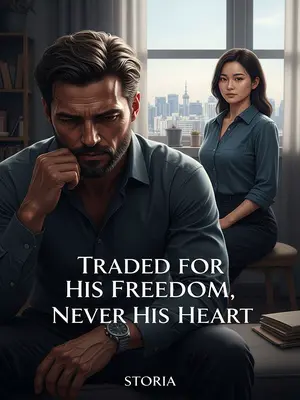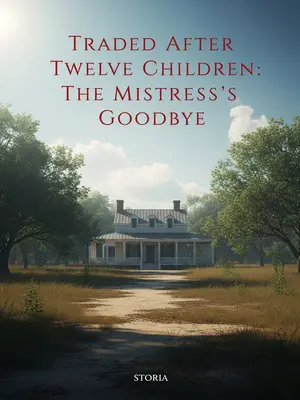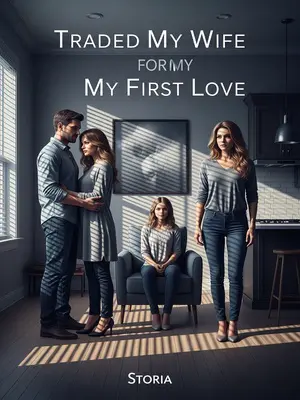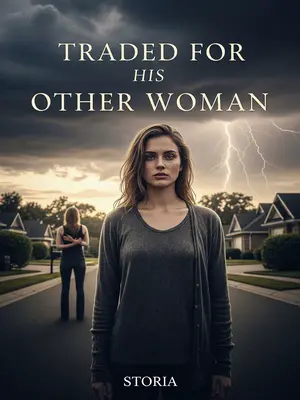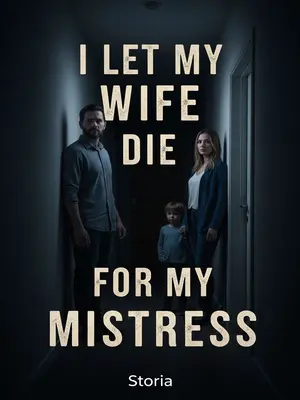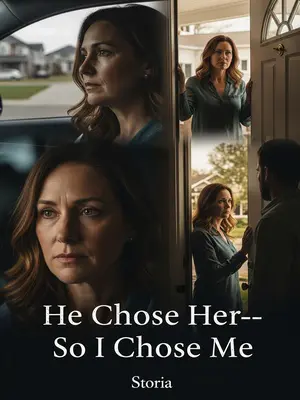Chapter 1: The Wall Between Us
He still won’t talk to me. He flinches when I reach for him, like my touch is static.
Even after four years together, there’s this wall—a silence so thick it hums between us. Sometimes, I think if I pressed my ear to it, I’d hear everything he can’t say. When he looks at me, I feel the weight of everything I’m not.
When he threw a toy at me yet again, those voices feel like scrolling through a never-ending Reddit thread about my life—everyone’s got an opinion, and none of them are rooting for me:
[No matter what the supporting character does, Caleb will never accept her as his mother.]
[The real main character is about to appear, and Caleb’s autism will be cured.]
Those words crawl under my skin, like reading strangers’ takes on my worst day—except these words know me too well.
Looking at the family photo of the three of us on the wall, I placed Caleb’s hand in Rachel’s, my own fingers stiff. Maybe it was time for someone else to try being his mom.
The photo’s in a cheap black Target frame, hung crooked because Caleb can’t stop touching it. I fixed it once—he melted down for hours. Now I leave it crooked, like everything else in this house.
***
Go away.
I hate you.
Caleb screamed, hurling a toy train at my forehead.
The plastic train hit my forehead with a dull thud, and a hot sting bloomed above my eyebrow. I felt a warm trickle slide down the side of my face.
It was like someone hacked my brain—lines of text flashed in front of my eyes, relentless:
[The supporting character is actually quite pitiful—she’s given so much to the Parker family for years, and as soon as the main character appears, she has to leave.]
[After she returns to the Miller family, she’ll probably be married off to a widower in his fifties.]
My brain lagged, trying to make sense of it all, the surreal feeling that somewhere, someone is writing out my life as a second-rate drama.
I blinked, just to make sure I wasn’t imagining things.
What do these words mean? Am I the supporting character? Is that all I am? A footnote in my own family?
I caught my reflection—blood trickling past the dark circles under my eyes, hair in a messy knot, skin pale from too many sleepless nights. For a moment, I didn’t look like the main character in anyone’s story.
Caleb was still screaming.
Hurried footsteps echoed from the hallway, coming up the stairs.
His voice reverberated against the walls, louder than the old clock ticking on the landing. For a second, I thought about running. But where would I even go?
"What the hell happened here, Lillian?"
Jason brushed past me, scooping Caleb into his arms.
He turned and, seeing the blood on my forehead, pressed his lips into a thin line.
He barely met my eyes. Jason’s hands never trembled, not even now as Caleb’s fists pounded against his chest. It was like he expected this.
"Go clean yourself up."
He said it almost gently, but the words stung, sharp and cold.
I lowered my head, stood up, and left the kids’ room.
Downstairs, the house was quiet except for the hum of the fridge and the faint tick of the coffee maker’s clock. I pressed a kitchen towel to my forehead, waiting for the bleeding to slow.
[Hurry up and leave, the happy scene of the main couple and their child is finally coming.]
[Looking forward to Caleb calling the main character ‘Mom.’]
Seeing the last comment, my heart clenched painfully. Who exactly is the main character they’re talking about? After all, I’ve cared for this child for years.
I ran my finger along the ridges of the kitchen counter, trying to ground myself. Four years. Four years of early mornings, therapy appointments, grocery store meltdowns, and holding Caleb through the night—wasn’t that enough? I’ve missed birthday parties, called out sick to work, learned to decode every twitch and whimper. Isn’t that what moms do?
As I went downstairs, I accidentally bumped into a woman.
She wore a light blue sheath dress, the kind you see in LinkedIn headshots. Her badge was clipped to her blazer, nails perfect, smile even more so.
Her smile was easy, practiced—maybe too perfect. She looked like someone from a pharmaceutical ad: bright, hopeful, untouched by reality.
"Mrs. Parker, hello, I’m Mr. Parker’s assistant. I just stopped by to check on the little guy."
Her voice was smooth, Midwest polite. She extended a manicured hand, but I was already moving past her, too tired to keep up the mask.
I nodded and hurried past her.
Her perfume lingered in the hall—a sharp, citrus scent that didn’t belong in our lived-in house. It reminded me of hotel lobbies and new cars—places that never felt like home.
